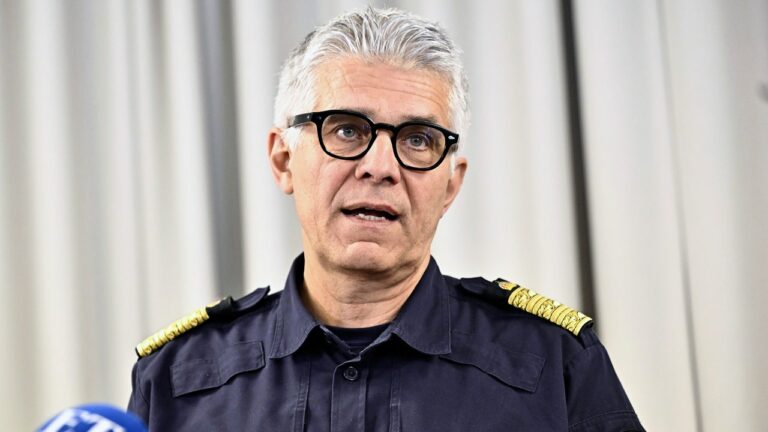Sweden’s Alarming Surge in Gang Violence
Sweden’s national police chief has sounded the alarm, calling the recent surge in gang violence “extremely serious.” The nation has grappled with this issue for years, but the current escalation is unprecedented, with almost daily shootings and bombings claiming lives, including teenagers and innocent bystanders.
Anders Thornberg, the head of Sweden’s National Police, made this grim assessment during a recent news conference. He noted that police have thwarted approximately 80 potential murders or explosions since the beginning of the year. In the past month alone, twelve people lost their lives, and five others were injured in attacks described as “terrorist-like violence.” These attacks are tied to criminal gangs, often recruiting teenagers from disadvantaged immigrant neighborhoods for their activities.
Startling statistics reveal that Sweden has witnessed 290 shootings this year, resulting in the deaths of 42 people. Authorities attribute this surge in violence to a feud between rival factions of criminal gangs operating from abroad.
To combat this dire situation, Sweden’s center-right government has suggested that the armed forces should collaborate with the police. However, the military’s role is limited to providing expertise in explosives, helicopter logistics, and analysis. The specifics of this cooperation remain undisclosed. The military’s involvement in crime-fighting is an unusual step for Sweden, underscoring the gravity of the gang violence issue.
In a recent development, seven fires broke out in dwellings, each ignited by flammable liquid, underscoring the scale of the problem. Three individuals were later detained, and Thornberg noted that most incidents were “linked to an internal conflict.” It’s concerning that most of the perpetrators are willing to commit violent acts for financial gain or other rewards.
This year, more than 400 people have been detained for firearm-related crimes, with an additional 100 individuals detained for crimes involving explosives. What’s even more concerning is the 30% increase in suspects under the age of 18, as criminals recruit them due to their reduced exposure to police scrutiny and the potential for lenient punishment.
Hanna Paradis, a senior officer with the national police unit overseeing these events, expressed concern, stating that despite increased arrests of network criminals and the seizure of more drugs, weapons, and explosives, the problem continues to grow.

